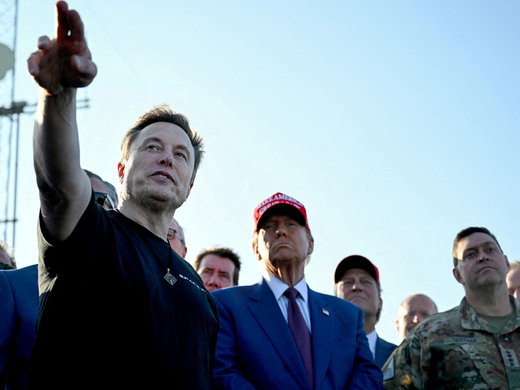The economic and social promise of bringing the next billion people online usually assumes the ongoing growth and availability of a universal Internet. But the Internet of the future has many possible trajectories. One twenty-first-century Internet policy debate concerns whether cyberspace will continue to expand into a single, universal network, or fragment into disjointed segments based on geographical borders or proprietary ecosystems. How this choice resolves will have considerable implications for the future of global economic development, national security and counterterrorism, and for the nature of free expression and access to knowledge online.
Concern about Internet fragmentation emerged as a theme during the 2014 inception of the Global Commission on Internet Governance (GCIG). The GCIG viewed the Internet governance debate about fragmentation not as the single issue so often portrayed in policy discourses, but as a constellation of questions crossing many layers of Internet infrastructure, involving many stakeholders, and with potential impacts that are not only technical, but economic and political. So began a process of commissioning scholarly work to examine the diverse dimensions of Internet universality and Internet fragmentation, whether political, economic, infrastructural, legal or content-based.
The resulting papers are now gathered into Research Volume One and organized by four themes: “A Universal and Open Internet,” “The Economics of Openness and Fragmentation,” “Legal Jurisdiction and Interoperability” and “Balancing Technical Openness and Fragmentation.” This first collection aims to provide an analysis of the nature and implications of various forms of Internet fragmentation, with the ultimate purpose of improving the evidentiary basis of policy making in this area.
To read any of the Global Commission on Internet Governance's additional research volumes, please visit: https://www.cigionline.org/series/gcig-research-volumes


